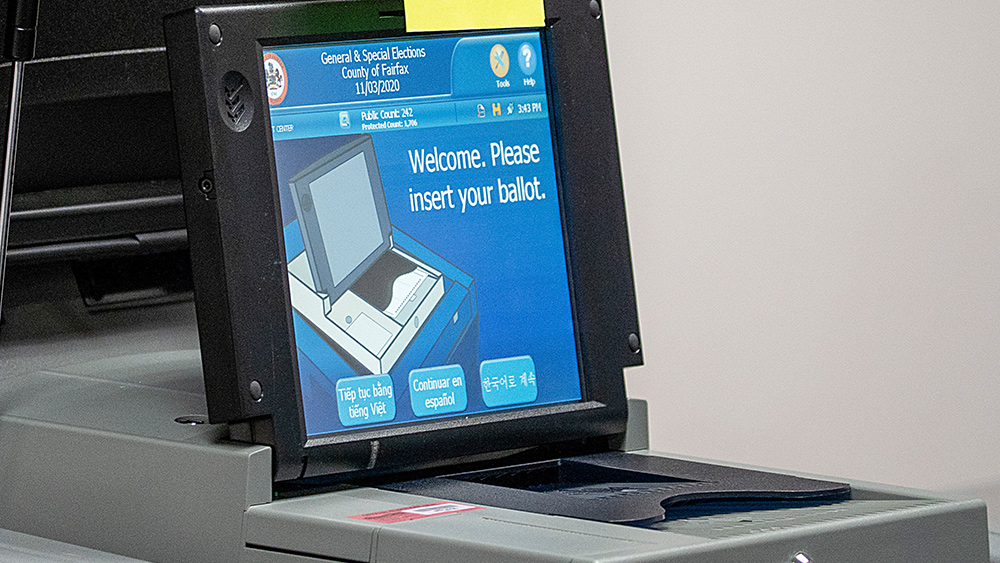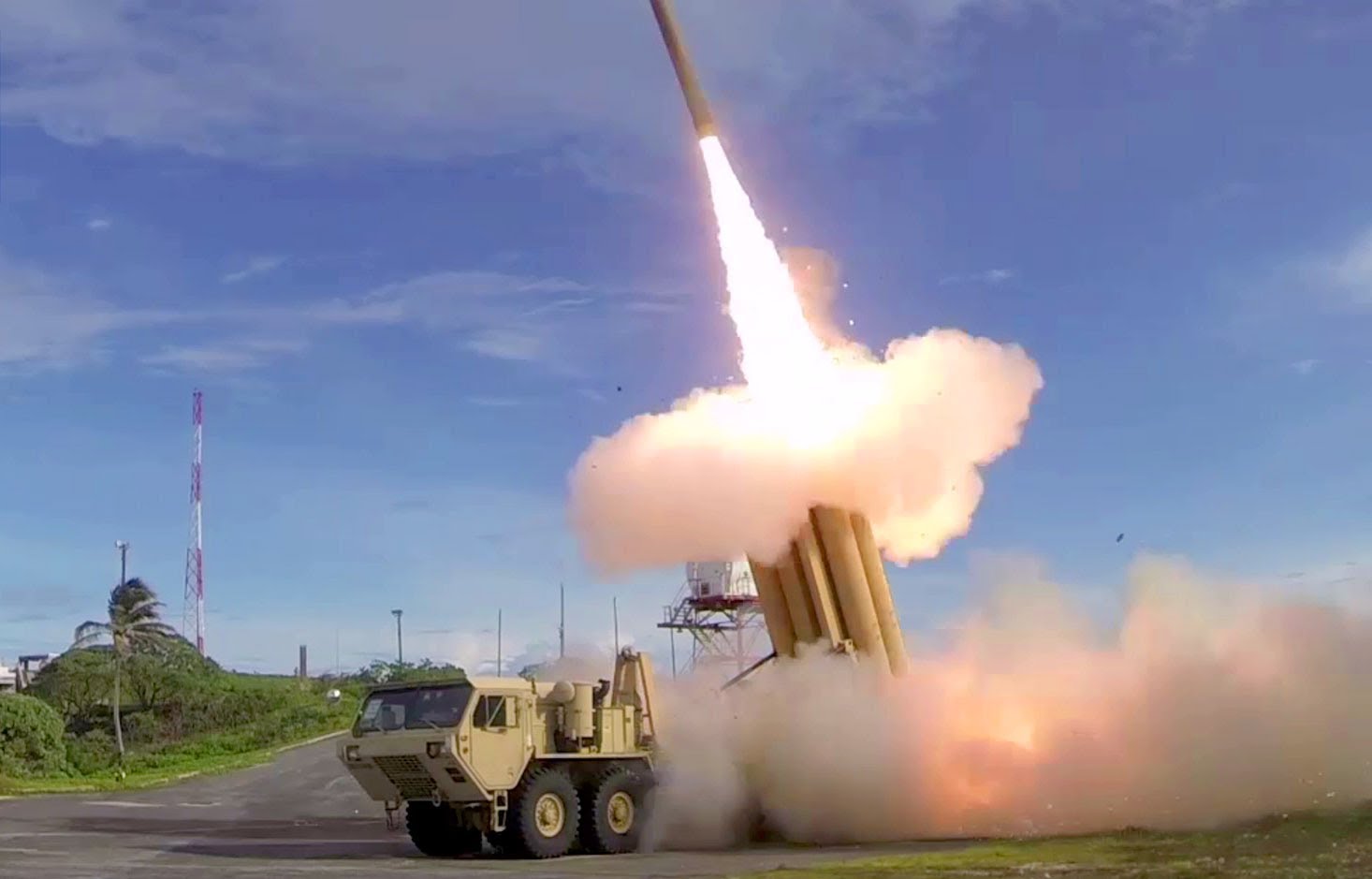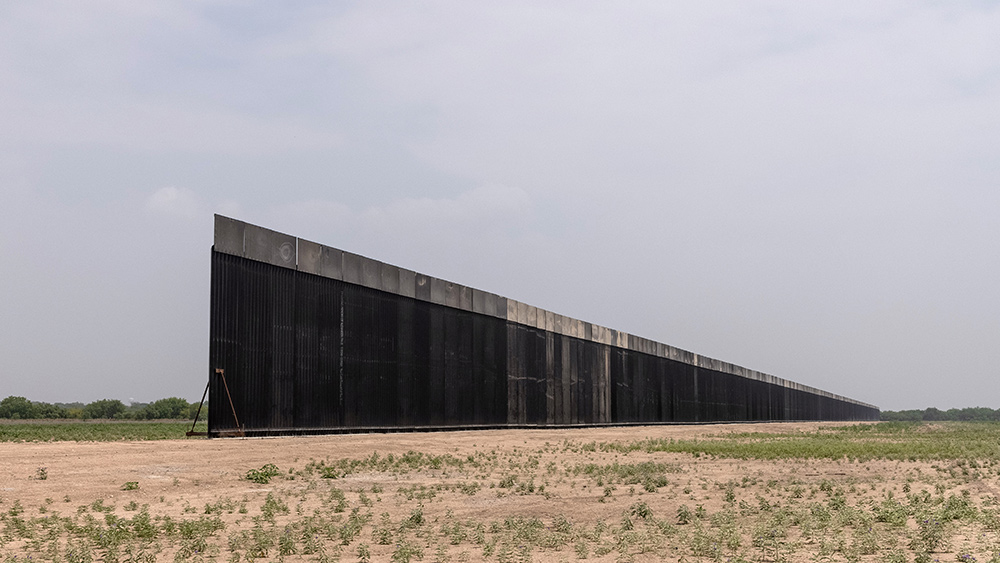Australia, India and Japan form Supply Chain Resilience Initiative (SCRI) to reduce dependency on China
09/28/2020 / By Zoey Sky

As the year 2020 is nearing its end, many countries are still struggling to recover while the Wuhan coronavirus (COVID-19) pandemic continues to spread across the globe. Yet as nations scramble to provide affordable supplies to citizens, many countries remain economically dependent on China.
To address this, experts have reported that Australia, India and Japan are setting up a new global supply network. The three countries are also discussing an initiative called the Supply Chain Resilience Initiative (SCRI) to dial back its reliance on China.
Adapting to a post-pandemic world
In an email to The Epoch Times, Satoru Nagao, a visiting fellow at Hudson Institute and an expert on India-US-Japan security cooperation, explained that SCRI was formed because of “the emerging geopolitics in the post-coronavirus world.”
“This cooperation is well-related to current U.S. policy toward China,” said Nagao. He added that Washington stands to benefit if Beijing is unable to acquire the wealth it needs to expedite the modernization of its already powerful military.
Not much is known about Australia, India and Japan’s plans for the SCRI, and those who discussed it have asked not to be identified since they’re unauthorized to speak to the media about internal discussions.
An Australian official declined to confirm the talks. Meanwhile, some say that India’s government is “considering the plan.” The latter will soon make a decision about participating in the international initiative.
It’s worth noting that the talks on the SCRI are currently at the working level. However, Japan wishes to bring them to “a higher level at some point.”
In Japan, the government is currently subsidizing some companies that rely on the Chinese supply chain to shift or expand in Japan or Southeast Asian countries. To date, about 87 firms are taking part in the program that will pay out ¥243.5 billion ($2.3 billion).
The Quad’s future plans
Pratik Dattani, an adviser to Bridge India, a London-based think tank, and managing director of Economic Policy Group, explained that the SCRI is a “bold policy announcement” and that the global community must first have “an operational clarity” about the initiative.
Dattani, who was also the former U.K. head of the Federation of Indian Chambers of Commerce & Industry (FICCI), suggested that while India “has traditionally prided itself on its non-alignment,” the move to join the SCRI is a bold one that hints at future changes in the country.
Dattani added that the three countries involved in the SCRI have already developed closer relationships in maritime security through the Quad (the Quadrilateral Security Dialogue) and the initiative can be considered one step in the “natural evolution of the policy into the economic arena.”
The Quad is a strategic forum made up of the United States, Australia, India and Japan.
According to experts, the coronavirus pandemic raised serious questions about China’s credibility as a supplier, but there are other factors that were considered before the SCRI was formed. The three countries also examined their deteriorating trade and diplomatic relationships with China.
China’s global influence is linked to its wealth, along with its loans to small countries that are now in debt to China, suggested Nagao. These countries, which also have Chinese investments, are reluctant to publicly criticize Beijing, even after its violation of international rules.
Because of this, America might focus on “trade wars, economic sanctions, or other means” to try and weaken China economically.
Nagao thinks Australia, India and Japan can respond by weaning themselves off of their economic dependence on China. It’s unavoidable and the three countries must plan ahead to “avoid becoming passengers on a sinking ship.”
Xi Jinping, President of the People’s Republic of China, made several strategic blunders this year. There was a border conflict with India in Galwan, another in Hong Kong and other areas due to aggressive tactics, shared Dattani.
He said that with the whole world in a precarious situation, “humility and global cooperation would have better achieved China’s foreign policy objectives.” Instead, China’s hostile actions have quickly soured relationships with some of the largest economies in the world.
Difficult, but not impossible
Australia, India and Japan have already started to reduce dependency on China. However, shifting the entire supply chain’s order from China to others will be a hard undertaking, said experts.
As Japan’s top trading partner, America makes up almost 20 percent of the total Japanese export. Even though China isn’t a top trading partner in the country, it’s still considered a significant one, following the U.S. at 19 percent. (Related: Pompeo: Time for free world to stand up to China and change its behavior.)
The situation is similar in India. In 2018, America finally beat China as India’s top trading partner. However, China was India’s top trading partner from 2013 to 2017. China is still one of India’s biggest trading partners.
The situation is more serious in Australia. China ranks first, dominating 30 to 40 percent of the total. While Japan is second for Australia, it’s only one-third of China.
According to Bibhu Prasad Routray, an Indian geopolitical analyst and the director of Mantraya, a Goa-based think tank, Australia, India and Japan’s goal to become independent will take a lot of time.
In a written message, Routray detailed that this will only be possible if the participating countries can attract investors, particularly India.
Unfortunately, New Delhi’s record hasn’t always been promising due to “[tax] laws, absence of reforms, lack of infrastructure, etc.” that forced investors to consider other countries. For the SCRI to reach its goal, these issues must first be addressed.
At the virtual meeting of the US-India Strategic Partnership Forum on Sep. 3, Indian Prime Minister Narendra Modi commented that the cost of supply networks “shouldn’t be the only factor,” hinting at the questionable process of Chinese supply chains.
Qualities like affordability, policy stability, reliability and trust should also be considered. Modi concluded that India has all of these qualities.
Like Japan lending aid to 87 firms, India changed its rules in April 2020. Now, foreign direct investment from countries that India shares a land border with requires prior approval, commented Nagao.
How will the SCRI affect China?
Dattani believes the goal of the policy isn’t to build a supply chain overnight but to resist Chinese aggression.
There’s no denying that China is India’s largest trading partner and that switching to other countries isn’t practical. News about the SCRI should be a wake-up call to China, which needs to revise “some of its less benign policy decisions of recent times” to restore normalcy in international relations.
Dattani thinks reports about the SCRI is a coping mechanism for the three countries involved, particularly since they all feel threatened by China and collaborating gives them a better fighting chance.
But not everyone is hopeful.
Economic development in the Indo-Pacific could suffer great losses if the SCRI doesn’t work, warns Nagao.
The SCRI is only one of many efforts to break free from Chinese dominance, and the coronavirus pandemic has also crippled the economy. Now is the perfect time to improve the whole structure of the economy and supply chain.
Sources include:
Submit a correction >>
Tagged Under:
Australia, China supply chain, coronavirus, covid-19, economy, flu, India, Japan, novel coronavirus, pandemic, Quadrilateral Security Dialogue, SCRI, superbugs, supply chain, Supply Chain Resilience Initiative, supply lines, virus, Wuhan coronavirus
This article may contain statements that reflect the opinion of the author
RECENT NEWS & ARTICLES
COPYRIGHT © 2017 NATIONAL SECURITY NEWS






















